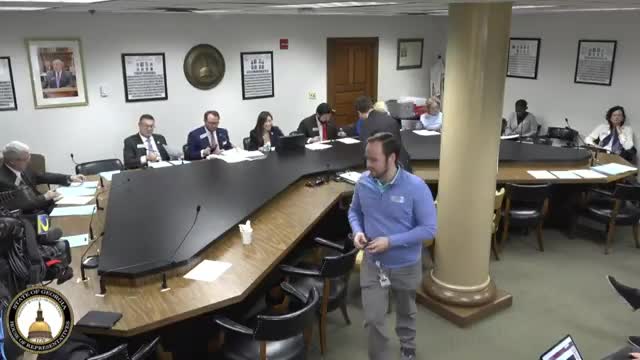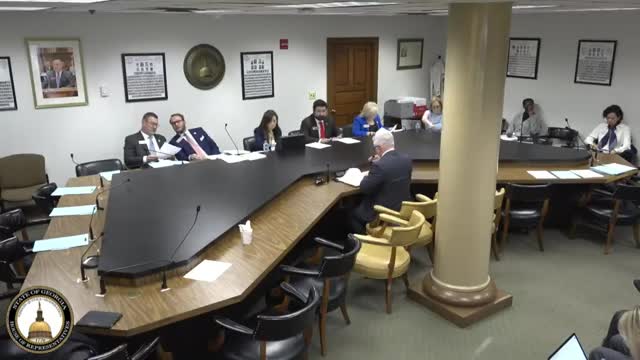Article not found
This article is no longer available. But don't worry—we've gathered other articles that discuss the same topic.

Committee approves 'Halo Act' to bar approaching first responders within 25 feet after warning

Panel approves school-safety package bill; debate centers on charging juveniles as adults for terroristic acts

Committee shifts prosecuting-attorney oversight to Administrative Office of the Courts, grants limited subpoena power

